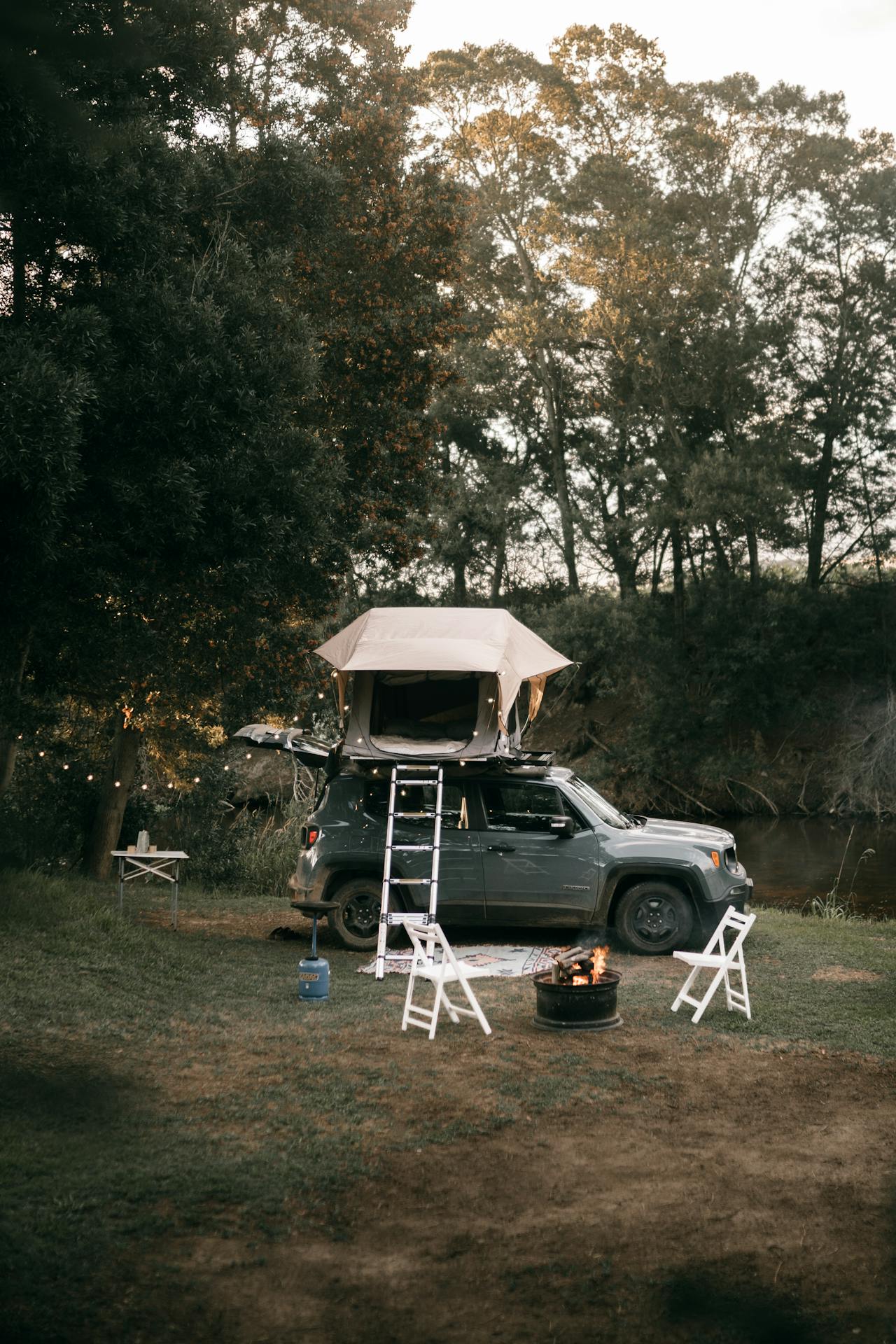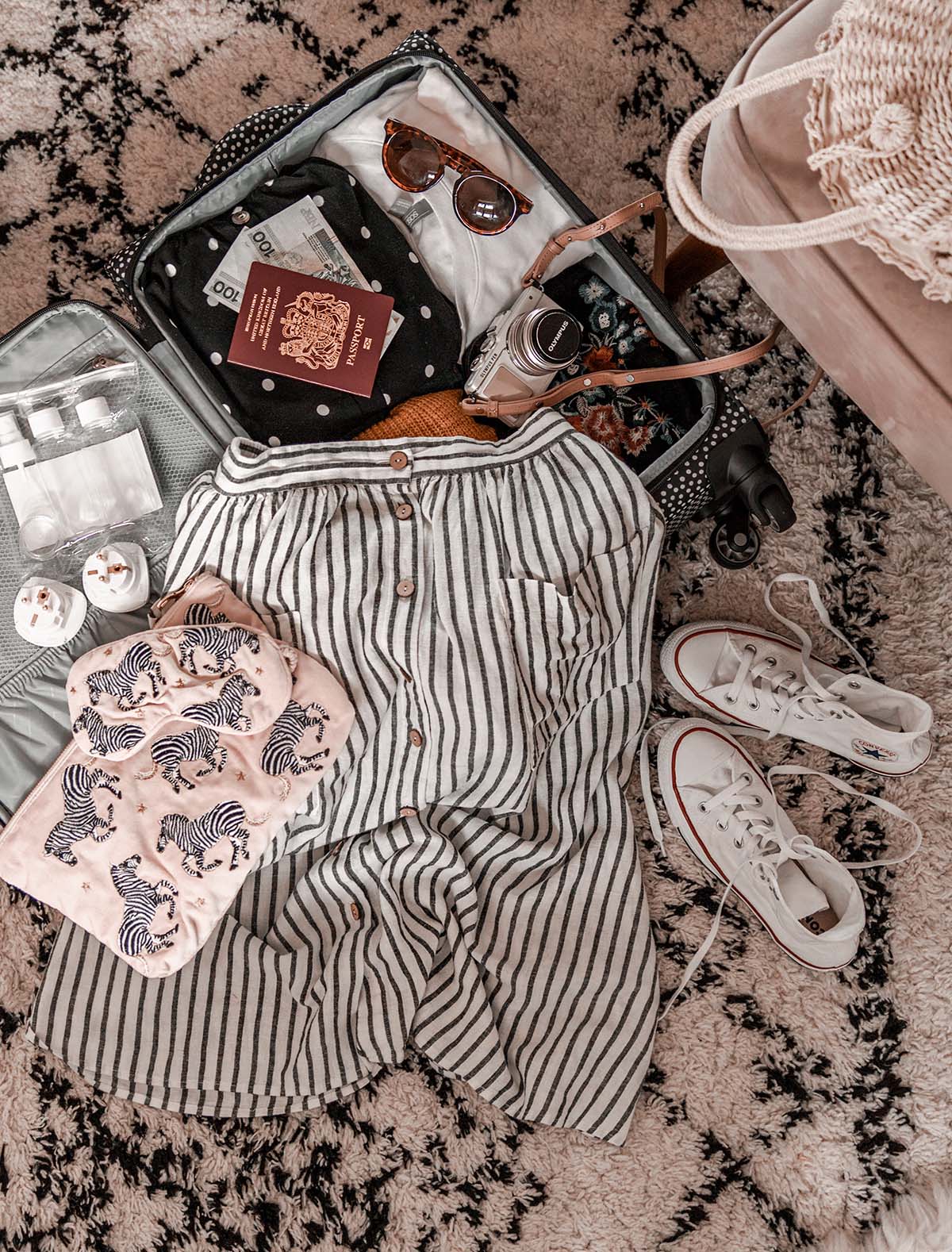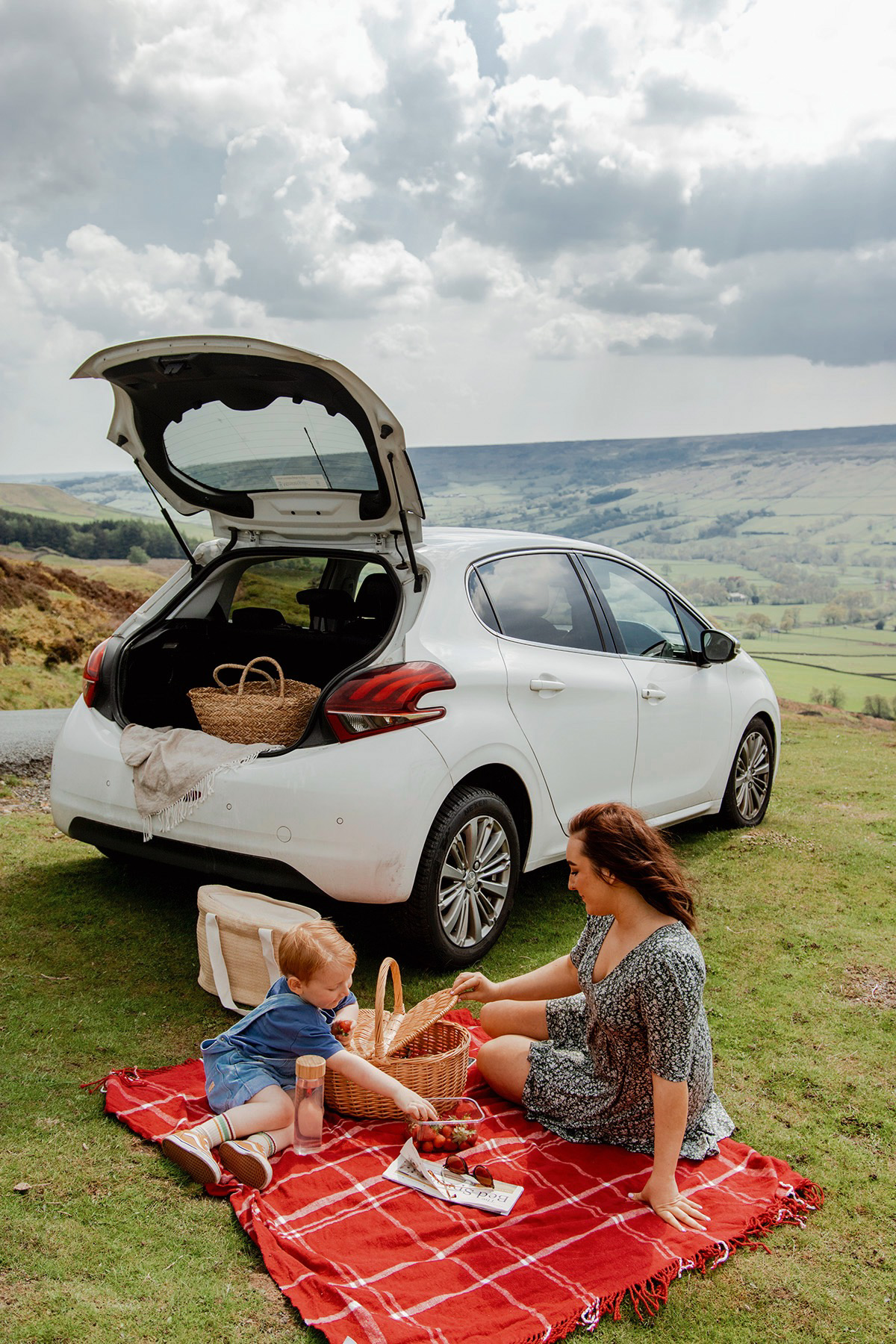
Camping with an SUV tent offers comfort, extra space, and convenience that traditional tents can’t match. These tents turn the vehicle into part of the campsite, giving more room for sleeping, storage, and shelter. The most important factors to look for are size, weather protection, and how well the tent attaches to the vehicle.
A good SUV tent should match the number of people camping, stand up to different weather conditions, and fit the SUV securely without gaps. Features like mesh panels for airflow, waterproof coatings, and quick setup designs make the experience much easier. Thinking about how the tent will be used—whether for short trips, family outings, or longer stays—helps narrow down the right choice.
Practical details also matter, such as whether the tent can stand alone when the SUV needs to be driven, how compact it is for storage, and what accessories improve comfort. Small touches like rain covers, storage pockets, and easy-carry bags can make a big difference during the trip.
Key Takeaways
- Choose a tent that matches group size, weather needs, and vehicle fit
- Look for features that improve airflow, rain protection, and setup time
- Consider portability, storage, and add-ons that make camping easier
Essential Factors When Buying a Tent Connected to SUV
The right SUV tent depends on how well it fits the vehicle, the type of setup it offers, and how it performs in different weather conditions. Comfort also comes from airflow and ventilation, which can make a big difference during warm nights.
Compatibility With Your SUV Model
A tent that does not fit the vehicle properly will allow drafts, leaks, or even bugs to get inside. Compatibility starts with measuring the rear or side opening of the SUV and comparing it with the tent’s sleeve dimensions.
Most SUV tents use a universal sleeve that adjusts to different vehicle shapes. However, small differences in hatch height or roof rails can affect the seal. Checking manufacturer specifications before buying saves time and prevents frustration at the campsite.
Some tents work best with hatchbacks, while others are designed for larger SUVs or vans. The right fit provides a secure connection, better weather protection, and easier access between the car and the tent.
Types of SUV Tents: Tailgate, Rooftop, and Standalone
SUV tents come in three main styles, each with its own benefits.
- Tailgate tents attach directly to the rear hatch, creating extra living or sleeping space. They are popular because they allow quick access to gear stored in the vehicle.
- Rooftop tents mount on roof racks and keep campers off the ground. They are good for uneven terrain but require climbing a ladder.
- Standalone tents connect to the SUV but can also be used separately. This flexibility is useful if the vehicle needs to be driven away while the tent remains set up.
Choosing between these types depends on group size, camping style, and how much connection to the vehicle is needed.
Weather Resistance and Waterproofing
Weather performance matters when sleeping outdoors. A tent with a waterproof rating of at least PU2000mm can handle steady rain without leaking. Double-layer designs with a rainfly provide extra coverage against heavy storms.
For example, a 6-8 person SUV tent with a PU2000mm rating gives families enough space while keeping the interior dry. Sealed seams and storm flaps further improve protection.
Poles also affect performance. Aluminum poles are stronger in wind, while fiberglass poles are more affordable but may break under stress. Choosing the right structure depends on expected conditions.
Ventilation and Mesh Windows
Airflow inside the tent prevents condensation and keeps the space comfortable. Mesh windows and roof panels allow fresh air to circulate while keeping insects out.
A breathable SUV camping tent reduces heat buildup during summer and makes sleeping more comfortable. Multiple mesh openings placed on different sides create cross-ventilation, which works well in both warm and humid climates.
Removable rainflies add flexibility. Campers can leave them off on clear nights to improve airflow or keep them on during rain while still allowing air to pass through mesh panels.
Good ventilation is not just about comfort—it also helps protect sleeping bags and gear from moisture buildup overnight.
Additional Features and Practical Considerations
When choosing an SUV-connected tent, campers should think about more than just size and price. Features like setup time, portability, interior organization, and outdoor living space can shape the comfort and convenience of the trip. Brand reputation and proven models also matter when comparing options for camping and overlanding.
Ease of Setup and Portability
A tent that takes too long to pitch can quickly frustrate campers, especially after a long drive. SUV tents should have clear attachment points for the tailgate or side door and simple poles or inflatable frames that allow one person to handle setup.
Many campers prefer tents that can stand on their own when detached from the vehicle. This lets them drive away without packing everything up. Freestanding designs also make it easier to reposition the tent if the ground is uneven.
Weight and packed size are also worth noting. A lighter tent is easier to carry and store with other camping gear. Some models fold into compact bags that fit neatly in the trunk, while larger units may take up more space and require two people to move.
Interior Space and Storage Options
Interior design affects how comfortable the tent feels during outdoor adventures. A good SUV tent should provide enough headroom to stand and move around, especially for families.
Built-in storage pockets and gear lofts help keep items like flashlights, cooking tools, and clothes off the ground. This reduces clutter and makes it easier to find what is needed at night.
Some tents connect directly to the cargo area of the SUV, allowing campers to use the vehicle for extra sleeping space or as a sheltered gear area. This setup works well in bad weather, as campers can move between the car and tent without stepping outside.
Awning and Outdoor Living Space
An awning creates a shaded area outside the tent for cooking, eating, or relaxing. For campers who spend long hours outdoors, this feature can make the campsite more functional.
Tailgate tents often include a small awning that extends from the rear of the vehicle. Larger models may cover both the side and rear doors, creating a sheltered zone for group activities.
Compared to carrying a separate tarp, an integrated awning saves time during tent setup. However, campers should check how well the awning handles rain and wind, since lighter materials may flap or pool water. For long trips, a sturdy awning can make a big difference in comfort.
Brand Reputation and Popular Models
Not all SUV tents perform the same, so looking at proven models helps narrow the choices. Some brands have built a name among overlanding and camping communities by producing tents that connect securely to tailgates and hold up well in changing weather.
Models like the Napier Sportz SUV Tent are often mentioned by campers for their balance of space, weather protection, and ease of use. Truck tents from the same line also give pickup drivers a way to camp directly from the bed of the vehicle.
When comparing brands, campers should consider warranty support, replacement part availability, and long-term durability. Reading user experiences can also highlight whether a tent handles wind, rain, and repeated trips without major issues. This helps avoid surprises once out on the trail.
Conclusion
Choosing a tent that connects to an SUV comes down to matching the tent’s design with the camper’s needs. Size, weather protection, and setup time all play a major role in how practical the tent will be on trips.
Buyers should also check compatibility with their vehicle before making a decision. Not every tent fits every SUV, so reviewing specifications helps avoid problems at the campsite.
With the right balance of space, durability, and ease of use, an SUV tent can make camping more comfortable and flexible. Families, solo travelers, and weekend campers alike can benefit from this type of shelter when it fits their style of travel.






